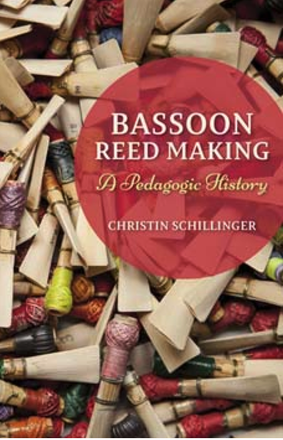It's that season again: AUDITIONS!
I am currently preparing for an audition and have applied for several other positions. When my contract ends July 2018 with BYU-Idaho I will have enjoyed 8 truly spectacular semesters in higher education at two different universities. There is no way for me to adequately summarize how much I have learned as an adjunct (University of Montana) and now full-time faculty member. My current position is Visiting Faculty = 1-year contract, renewable (up to) 2 times. I am in my second year and the position has gone permanent. I am currently in the application process for the new permanent position.
At this point in describing the current state of my employment to people, they say things like,
"Oh, I'm sure you'll get it!"
"You're a total shoe-in!"
"Who else would they hire?"
"You've already been working here, they won't choose someone new."
These are all well intended comments but, let's be honest, anyone who has spent a few years in this field knows that we are ALL replaceable. No matter how awesome you *think* you are in your little niche - bassoon - there is always someone else out there who can do what you do. ALWAYS.
Because I know this very well, I'm not leaving anything to chance. Thus, I find myself back on the market cruising the audition websites (checking these at least once a week), sending out resumes, CV's, cover letters, emails, working the network and hoping for the best.
Here are my go-to places to look for jobs:
Audition Cafe
Chronicle Vitae - search "bassoon"
Please comment to share your favorites!
This is also a GREAT opportunity to return to my ongoing series in which I document the process of preparing, taking, and hopefully winning auditions. (Click on the "audition" label in the left side bar to read the entire series.)
I gave some AWESOME advice in Part 20 of my series - read it!
Because I really do want this to be an authentic and educational portrayal of what we do as musicians, the ups and downs of being a professional bassoonist, I will disclose specifically what I am currently working towards.
Since "winning" my job at BYU-Idaho I have sent in materials for the following live auditions 2016 - present:
Jacksonville - denied
Las Vegas - denied
Royal Scottish National Orchestra - denied
Lyric Opera of Chicago - going to prelims in January 2018
I have applied for the following positions in higher education:
University of Miami - Ohio: Visiting artist, no response, position filled
U Central Florida: Visiting Artist, no response, but I believe it is currently on-going
U of Florida: Tenure Track, submitted and waiting
The Tianjan Juilliard School: submitted and waiting
BYU-Idaho: Tenure track, submitted, first round interview completed
Here's my dilemma and a self-assessment of how my resume is probably received:
I don't have a terminal degree. I have had a career as a performer but not in a top-tier orchestra (military bands, free-lance, chamber music, regional salaried orchestra). I would say I have had a solid career but not wildly impressive. Honestly, I'm impressed every day that I get to make a living with my bassoon but it's a wide spectrum when it comes to defining success in a very competitive field.
Applying for jobs in higher education is a gamble because applicants without a terminal degree are typically placed behind those who have finished their education. However, I am now in my third year teaching in higher education which may be compelling to some committees.
Then there are the orchestra gigs.
A salaried orchestra is going to get an excellent turn out for a bassoon audition. Based on my own experience, this can result in a pool of bassoon candidates 50+ strong with or without eliminating applicants based on their resume. The average applicant pool can be divided into three main categories of players:
- in school
- out of school and free-lancing
- out of school and currently employed as a full time performer/educator
In Part 18 I discuss the single greatest challenge to taking auditions while in a full-time position: scheduling conflicts.
It is impossible to attend every audition when you have to maintain the job you are in. When the stars align and you can feasibly attend an audition but then get denied from a live audition, well, that's a tough email to receive. Especially if you know that you are in a limited contract and really need to keep moving forward. Don't take it personally, don't take it personally, don't take it personally...
I will admit that I took a rejection email personally in the spring of 2016 and sent off a less than friendly email to a PM/audition coordinator. That was the wrong move and I had to humble myself and apologize. We are now social media friends, so I think "we're good" but it was a really dumb thing to do - not professional behavior. Don't do it!
via GIPHY
Here begins the topic of my next several posts: preparing for the Lyric Opera of Chicago audition and hopefully more interviews/recitals for a higher ed job.
They don't teach you all this in school, my friends!








